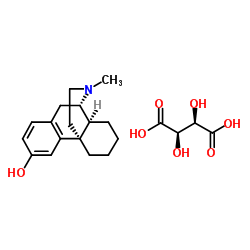| 结构式 | 名称/CAS号 | 全部文献 |
|---|---|---|
 |
去甲右美沙芬酒石酸盐
CAS:143-98-6 |
| 结构式 | 名称/CAS号 | 全部文献 |
|---|---|---|
 |
去甲右美沙芬酒石酸盐
CAS:143-98-6 |